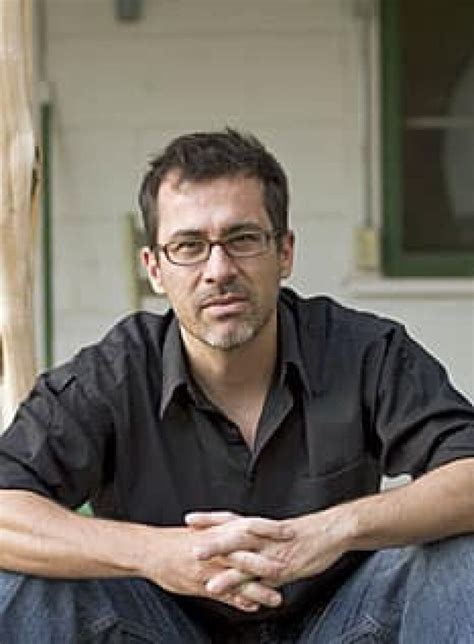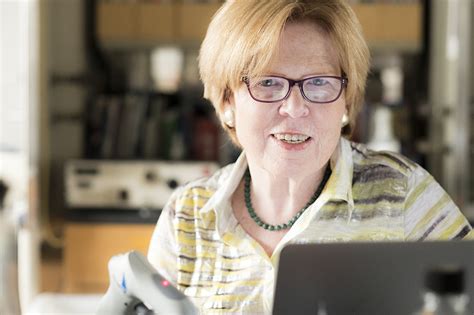A Quote by Michael Gove
It is literally the case that learning languages makes you smarter. The neural networks in the brain strengthen as a result of language learning.
Related Quotes
All the kids are learning different languages. I asked them what languages they wanted to learn, and Shi is learning Khmai, which is a Cambodian language; Pax is focusing on Vietnamese, Mad has taken to German and Russian, Z is speaking French, Vivienne really wanted to learn Arabic, and Knox is learning sign language.
Those who become hyperpolyglots are those who meet two criteria. One, they are exposed to language material. Two, they undertake learning languages as a mission as well as acquiring the personal identity as a language learner.I describe the "neural tribe theory" of hyperpolyglots, arguing that they possess an atypical neurology that is selected by some environments and not others; presumably, there have always been humans walking around with that set of neurological traits or factors, only some of whom actually use those things for languages.
The globalized environment where speaking a lot of languages is rewarded and getting access to learning materials is easier. A talent for massive language learning has not been supported by the environment until very recently, so this is a phenomenon that is going to become more common and more visible.
There is first the problem of acquiring content, which is learning. There is another problem of acquiring learning skills, which is not merely learning, but learning to learn, not velocity, but acceleration. Learning to learn is one of the great inventions of living things. It is tremendously important. It makes evolution, biological as well as social, go faster. And it involves the development of the individual.
Hyperpolyglots are not born, and they are not made, but they are born to be made. There is a finite subset of the human population which has the right neurological equipment for learning and using lots of languages. That equipment may serve only a sub-component of language learning, such as mimicry, pattern recognition, or memory, or it serves those sub-components in a global fashion.
































